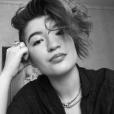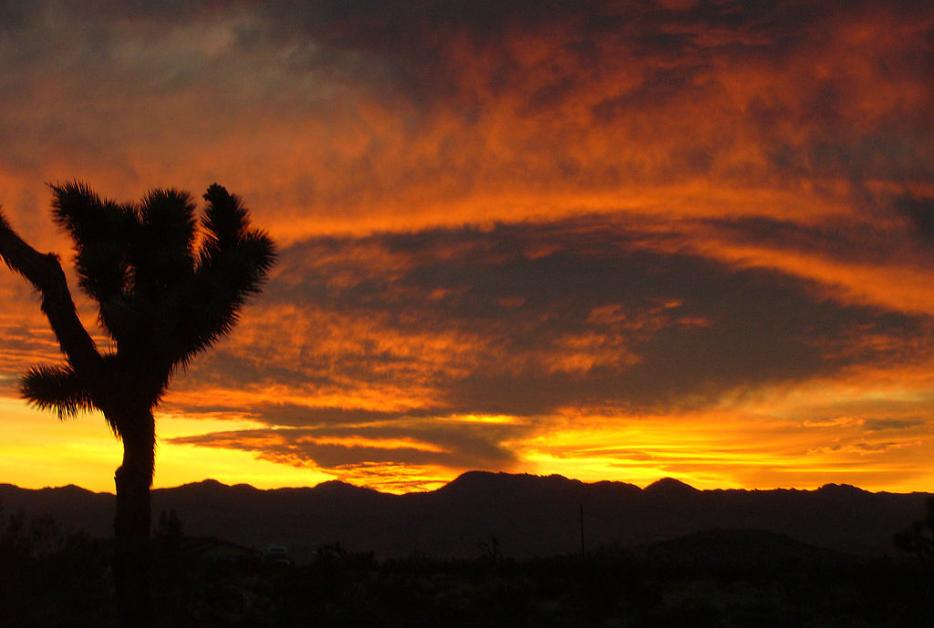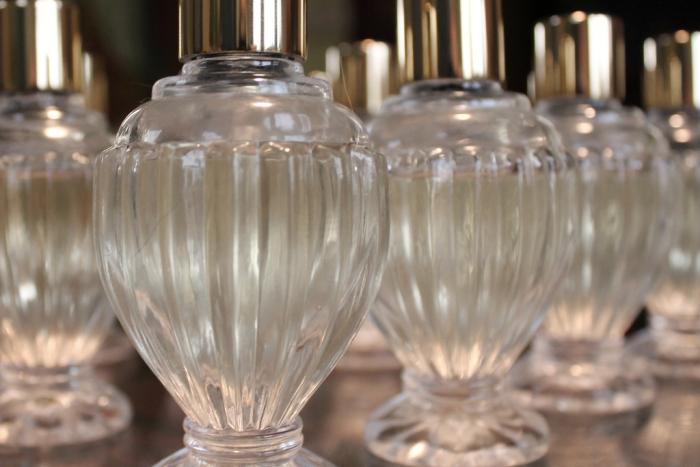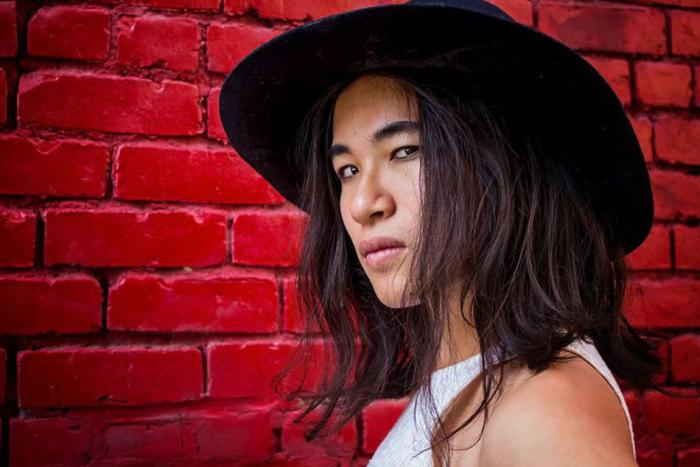What were we obsessed with, invested in and plagued by in 2017? Hazlitt’s writers reflect on the issues, big and small.
I knew this year would be strange when it started off with my failed kidnapping. Picture: my friend and I in Joshua Tree at sundown, knowing no one and asking the wrong man the wrong questions at wrong time. We were waiting at the bar to be seated and I’d asked the person sitting at the bar to tell me about his wounds. Literal ones, not metaphorical—he had his hand bandaged in duct tape and gauze. The veins were taut and purple-blue; I was bored. And I am someone easily seduced by a wound, because they come with a story gift wrapped for a writer cruising for some evidence regarding how we cope in the world. It’s not that I think suffering makes someone more valuable, but like Leslie Jamison wrote: bleeding is pain turned to proof, a manifestation of yearning that makes you wonder if we’ll ever come to a place where proof isn’t necessary at all. There it was: proof sitting at the bar alone.
He showed me the video of him taping his finger back to the bone, white bone and sinew sparkling through a cracked iPhone screen. He was proud about how silent he was in the video, how stoic, like being shocked out of pain made you a master of it. I was oddly charmed by how gruesome the conversation was, morbidly fascinated by how he dealt with his pain. Of course, a few minutes later I went outside for a cigarette and he tried to haul me into his car. Full parking lot, stars for streetlights, and my friend still waiting at the bar.
He failed because I kicked my way out. I hadn’t yelled for help because I didn’t want to make the situation worse; I am a small person and he was a man with a truck in an empty parking lot. When it was over I saw a man standing on a picnic table peering out over the fence. He’d been watching, but he hadn’t helped. I stared at him as he slid out of sight, and I walked back into the bar.
When I told my friend, we got into a discussion about all the times we’ve been abused and taken and gaslit and worse. We did so in the same tone as we would discuss a shopping list for a dinner that would stress us out to bother to cook. Violence feels normal to us, even if it hurts. Every time we get curious about the honesty of a man we always see as a risk first, friend after, we have been proven right more times than we can count. But that just makes it another day in the life of a femme in the world. You frequently witness your own suffering, and sometimes you pray blindly but usually you end up saving yourself.
When I told the waitress what had happened she said he’d always creeped on women at the bar but had never, as far as she knew, gotten so far. He was known but not banned. His tab was still open, after all.
There is so much ugliness in the world. A lot of it is the rust on the edge of a beautiful day; the small concessions to make things easier for ourselves so we can go home a little faster, make conversations mercifully brief with those we don’t know and who we don’t care to learn more about. It’s the calls we don’t make; the choices we let lay until it’s too late for our choice to count.
If beauty is in acts of ordinary devotion I think ugliness must be in the acts of everyday neglect, small gestures that chip and chip and eventually rip shards of what it means to be human, to be loved and loving, out of you. It is easy to pretend nothing is happening. It is easy to walk quickly past something that makes you uncomfortable. It is easy to freeze and stay frozen until your chance is gone. It is easy to save yourself first. It is easy to turn and keep walking. It’s instinctual. That does not mean it is forgivable. Fixing everything in the world is impossible. But it is also impossible to know how much a little thing can count for. Not knowing and not daring to find out—that is ugliness, too.
Claudia Rankine wrote that loneliness is what we can’t do for each other.
I think a definition of ugliness is what we’re too afraid to do. What we don’t want to do.
*
What part of yourself did you have to destroy in order to survive in the world this year? But most importantly: what have you found to be unkillable?
A multitude of terrible things could have happened that night, but I went home laughing anyway. I was afraid and angry and full of grief that hasn’t gone away this entire year, just taken different names. This year I have been broke more times than I care to count, I have been without a home, I have sunken down on the floor of rooms and been too tired to move. I have walked around in the dark praying to just become part of it. I have walked across the city, across state lines, across bridges and up mountains and monuments until the sun came up as if out of spite for me.
And then I have cried with joy at witnessing it, and with grief that beauty would not solve my problems, just sustain my belief there is joy beyond them. Beauty colors the world but ugliness shapes it. We have so many sharp edges now. They have always been sharp, but the cracks—they grow. Fred Moten calls it “fugitive planning,” making common cause with the brokenness of being. “I believe in the world and want to be in it. I want to be in it all the way to the end of it because I believe in another world and I want to be in that.”
On the way back from the bar we drove behind drunk drivers swerving in the night, throwing lights all around us, under a meteor shower so crisp and close I felt it like a pulse. Or maybe that was just adrenaline and wonder all at once. Beyoncé and Jay Z’s On the Run tour was on the speakers and our hands were out of the car. We greeted every fork in the road by name. We got out of the car and danced in the slivers of high beam.
We did all of this deliberately, so used to preserving our memories as evidence in a world that disbelieves us that we knew we had to be theatrical to make the story good enough to retell. To make people want to keep listening, to become worth listening to. We wanted to leave victorious even if we were afraid, even if we were hurling ourselves into the dark down a road we weren’t sure our car could take.
And the truth is I’m still not afraid of ugliness as much as I am curious to find its cause, to see if I can help. I would still ask that man questions because I still want a connection to a person so dissimilar to me. The uglier the world reveals itself to be, the more I am convinced that helping each other is the only way to make our suffering in it worthwhile. And that we might never find freedom but that doesn’t mean we shouldn’t still walk until the sun comes up to make sure we don’t kill ourselves before they do the job for us. There is still, absurdly, beauty here.
“Sippin from the cup till it runneth over.” We screamed our devastation at the sky and ugliness made way for something else.






